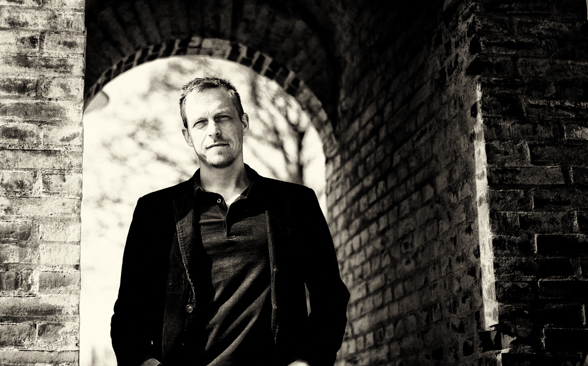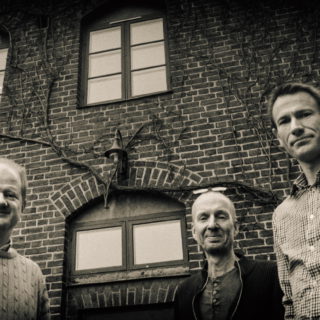Calle Rosengren work environment researcher at the Department of Design Sciences on digitalization
Briefly tell us about an aspect of digitalization that is central to your research.
“The digitalization of working life through laptops, smart telephones, and other technologies challenges the traditional boundaries of work, and has contributed to new ways of combining work with the rest of our lives. To a greater extent than before, employees of today have access to their private lives while at their workplace and vice versa: Work can now be performed at times and places that were previously reserved for private life.”
How does it affect our work?
“I will try to give a fairly broad picture of the ways in which digital technology can affect the labor market. This includes new ways of integrating work and family, new forms of surveillance and control of employees, and digital aids that can be used as tools to maximize efficiency and for standardization, what is called ‘Digital Taylorism’.”
What sursprises you in your research?
“One thing that often strikes me in my research is how organizations adopt and integrate new digital technologies without reflection. They lack clear policies, such as accessibility guidelines for mobile phones and e-mail as well as who has access to digital data and how it can be used. This is obviously a privacy issue that needs to be addressed.”
Text: Jessika Sellergren
Photo: Peter Frodin






